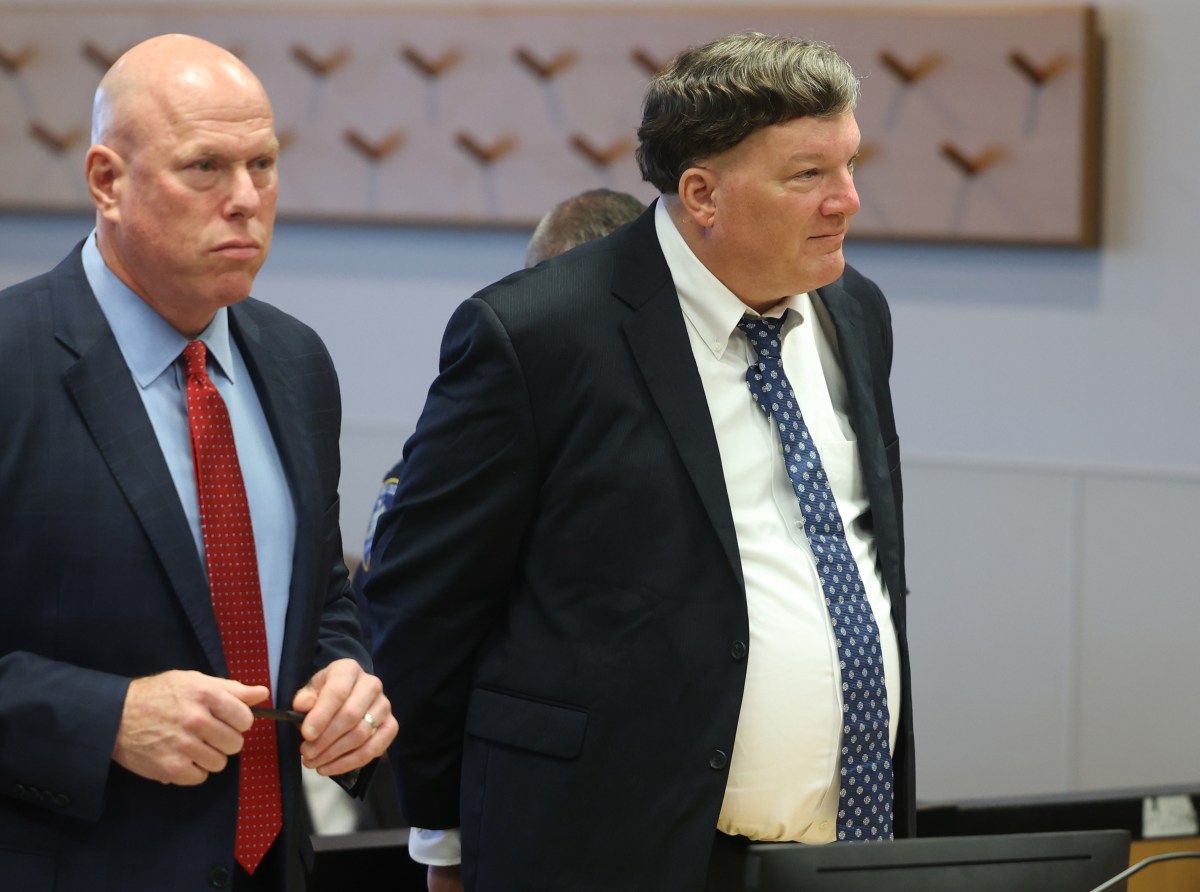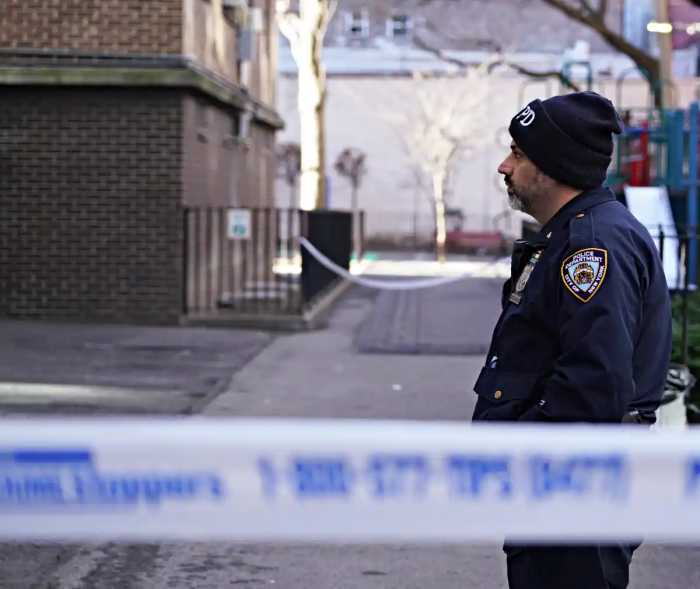Alleged Long Island serial killer Rex Heuermann’s defense team may rest their case in the pre-trial hearing on July 17.
The Frye hearing to determine the admissibility of DNA evidence in the Long Island serial killer case, which allegedly links Heuermann to six of the seven murders he is charged with, has seen the prosecution call three expert witnesses to the stand to provide testimony totaling nearly 40 hours. Heuermann’s defense has called one expert witness — and that may be all.
“We’re either going to present additional witnesses or we’re going to rest” when the hearing resumes next month, Heuermann’s lead defense attorney, Michael Brown, told reporters outside the courtroom on June 18. “That’s something we’re going to discuss. So we’re still evaluating and looking at the strategy and seeing if we want to present additional evidence.
“We don’t feel we need to, quite frankly, from what we’ve put forth today and what the prosecution has put forth subject to cross-examination, but we’re going to play it by ear.”
The defense’s expert witness, systems engineer Nathaniel Adams, testified on June 17 and 18 that the software Astrea Forensics developed and uses to analyze DNA, including the evidence in the Long Island serial killer case, is “unreliable” as it does not comply with the validation and verification procedures set forth by the Institute of Electrical and Electronics Engineers (IEEE).
Those procedures are set forth, Adams said, to catch software defects early in the development process so they don’t manifest with more serious consequences later on, including after release. According to Adams’ analysis of Astrea’s validation documents, most of the required documentation is either incomplete or missing. They also “appear to have no quality assurance framework” to objectively deal with challenging or unexpected DNA analysis results, he said.
Read more: LI serial killer case: Defense expert witness’s qualifications raise judge’s eyebrows
There are four levels of software integrity defined by the IEEE, and the level a software should comply with is based on the risks of its failure. The lowest level is for software whose defects would have minor consequences, like video games. The third level, “critical,” is for software whose malfunction would cause major injury or “major financial or social loss,” and the fourth level, “catastrophic,” is for software whose malfunction risks people’s lives or “extensive financial or social loss.”
Probabilistic genotyping software — which calculate the likelihood that a DNA sample is a “match” or not and could contribute to someone being convicted of murder — should fall into category “three at the very least,” and usually four, Adams said. IBDGem does not comply with those standards, he said.
Suffolk County District Attorney Ray Tierney turned the tables on Adams during cross-examination.
Astrea provided its software data to the district attorney’s office for the Long Island serial killer case, and the defense team and Adams have access to it for analysis. The data took up 28 terabytes. For perspective, one terabyte of data can hold 83.3 million pages of Word documents, according to the University of Alaska. This is far too much data for any one person to go through, so software must be used to analyze it — much like DNA.
Adams, who works for the consulting firm Forensic BioInformatics, which works closely with legal defense teams, has used his software’s analysis to testify about the validity of labs’ DNA results in 30 cases, sometimes in murder trials, and always for the defense. Tierney asked if Adams’ software complies with the IEEE standards.
“Not at a high-integrity level (level three or four) at its current state,” Adams said.
“Is one murder more important than another?” Tierney asked him.
Adams took a long pause. Eventually, he said it depends.
“In cases dealing with the life or liberty of a person,” Tierney said, “[Software should be] level three or four by your own analysis.”
The suppression of valid evidence in a murder trial, Tierney said, is just as much a miscarriage of justice as introducing improper or erroneous evidence into a case, which Adams and his employer Forensic BioInformatics purportedly aim to fight against.
The previous day, Adams had testified that IBDGem has undergone 65 minor fixes since June 2020 and 15 minor fixes since March 2023. The software has also gone through four releases — meaning new versions of it were implemented — also since March 2023. He said these were like “bug fixes,” meaning the version of IBDGem that tested the DNA allegedly belonging to Heuermann likely had defects that had to be corrected.
However, the June 18 court proceedings revealed that nearly 50 of these “bug fixes” were merely updates to the written installation instructions for new users, and the main testing issue Adams had referenced the day before had been resolved before Astrea was sworn to the Long Island serial killer case.
Further cross-examination showed that the IEEE specified that compliance with their validation and verification standards is “wholly voluntary” and that there are other ways to ensure validity. Also, across the 30 previous times he has testified for the defense in a case, Adams has also objected to the short tandem repeat (STR) DNA analyses performed by software like STRMix and TrueAllele, which have been widely accepted in U.S. courts for more than a decade. Adams objects to “nearly every modality” of DNA testing, Tierney said, including the methods used by the FBI, the New York Office of the Chief Medical Examiner, and even the Suffolk County Crime Lab.
“In your view, there would be no forensic lab in the United States that complies with IEEE [standards],” Tierney said.
“Those products don’t comply,” Adams said. “Correct.”
The hearing is scheduled to resume on July 17.

































